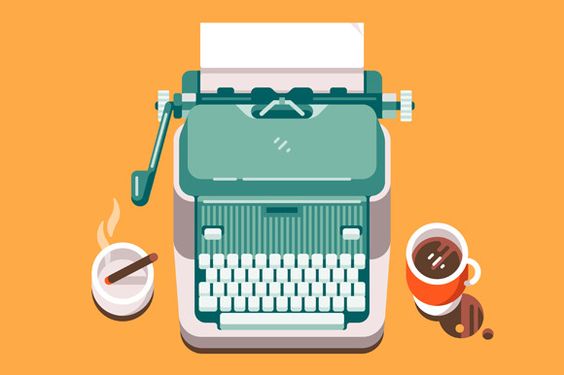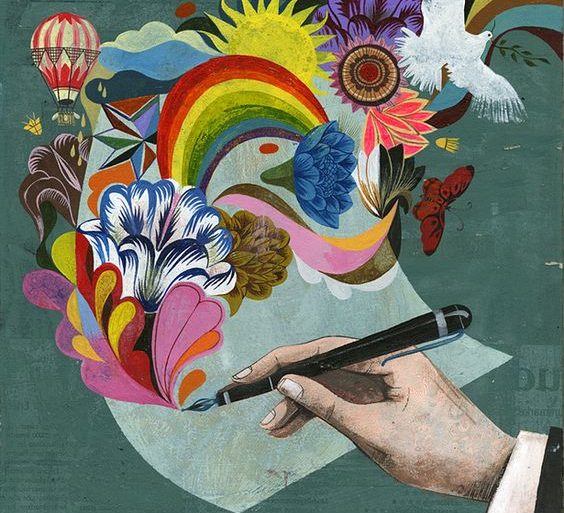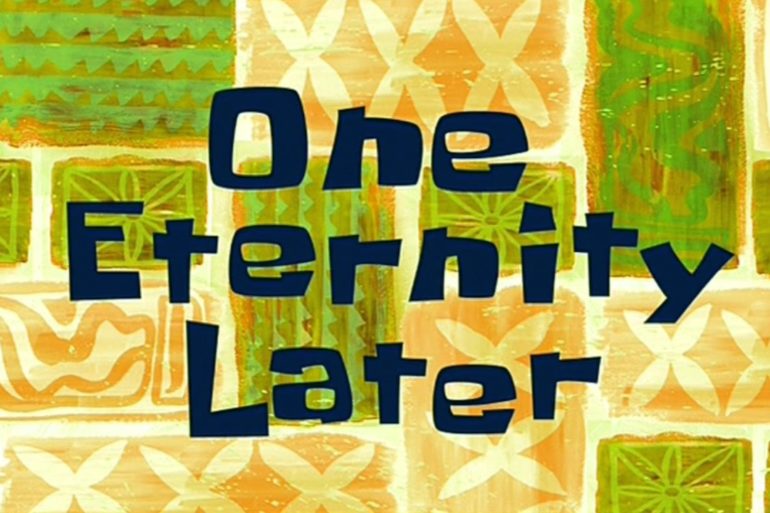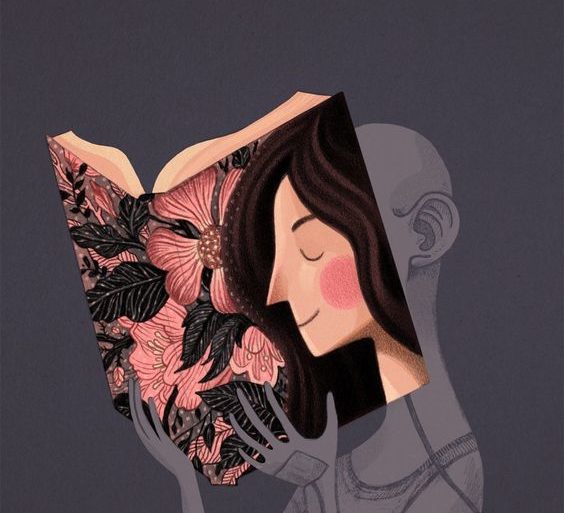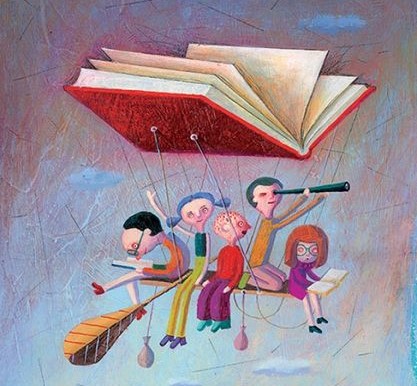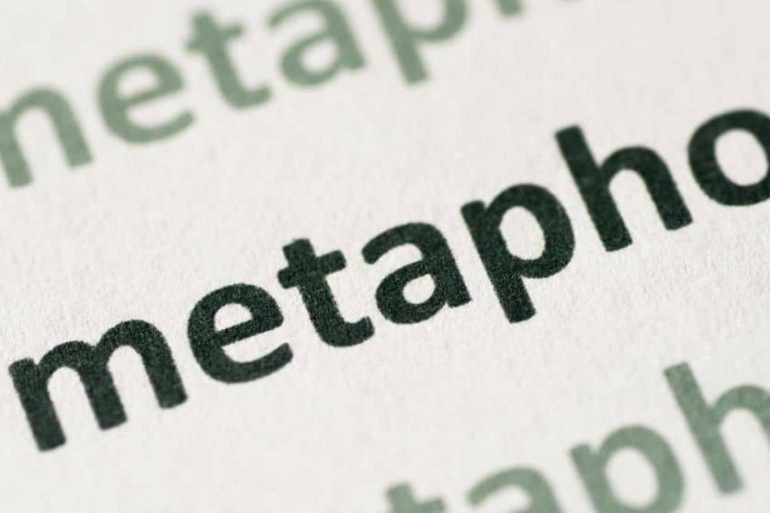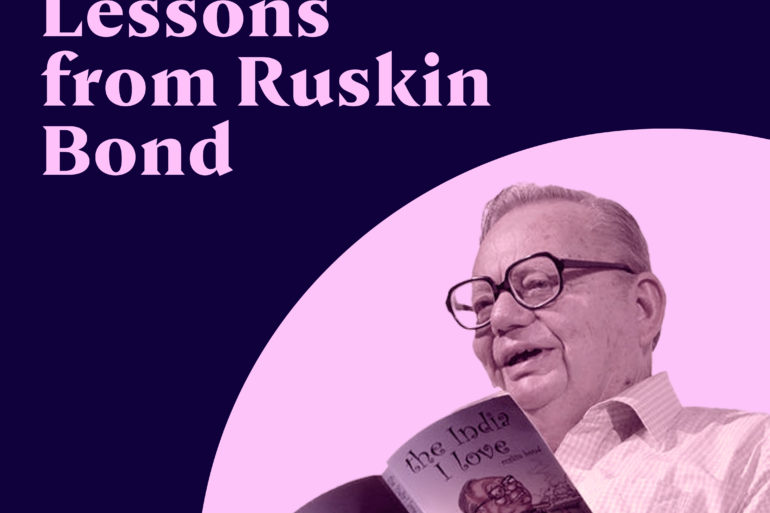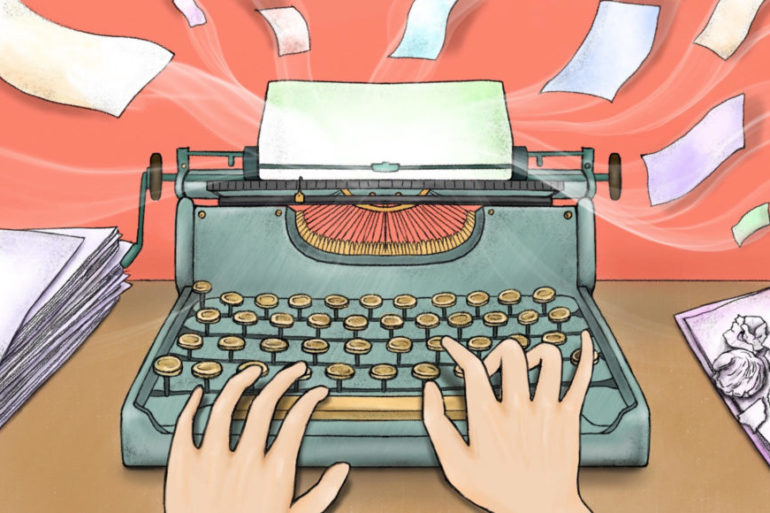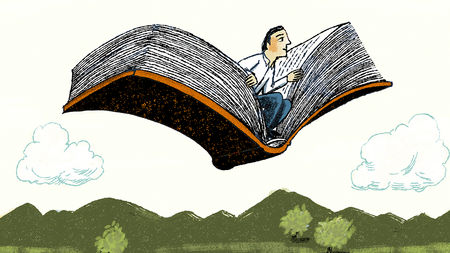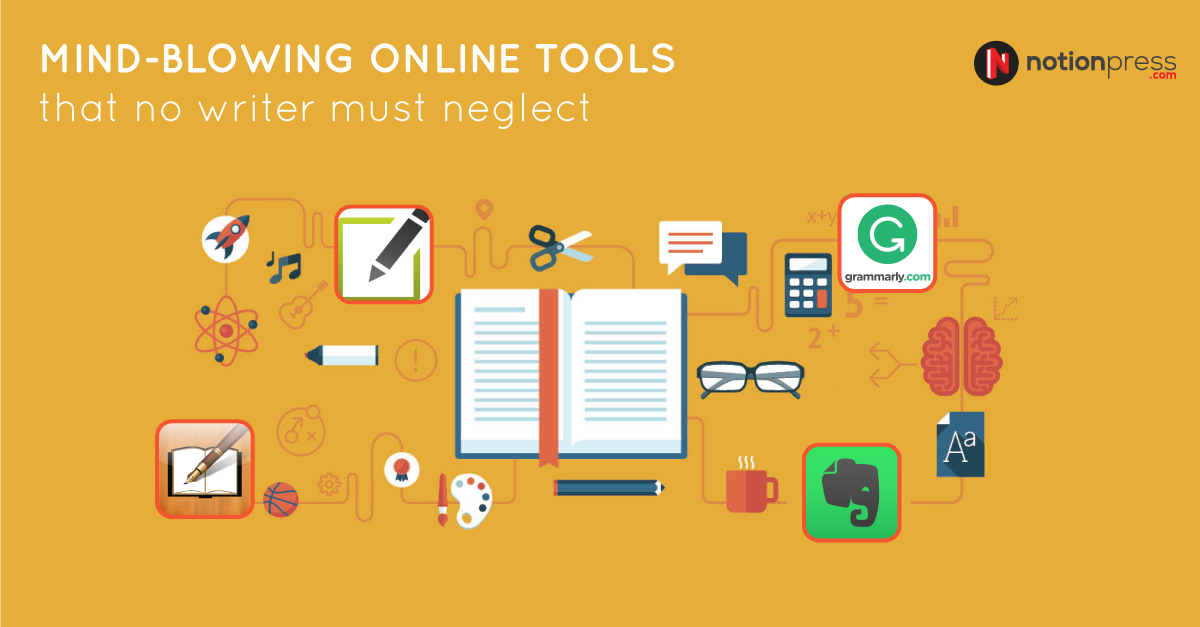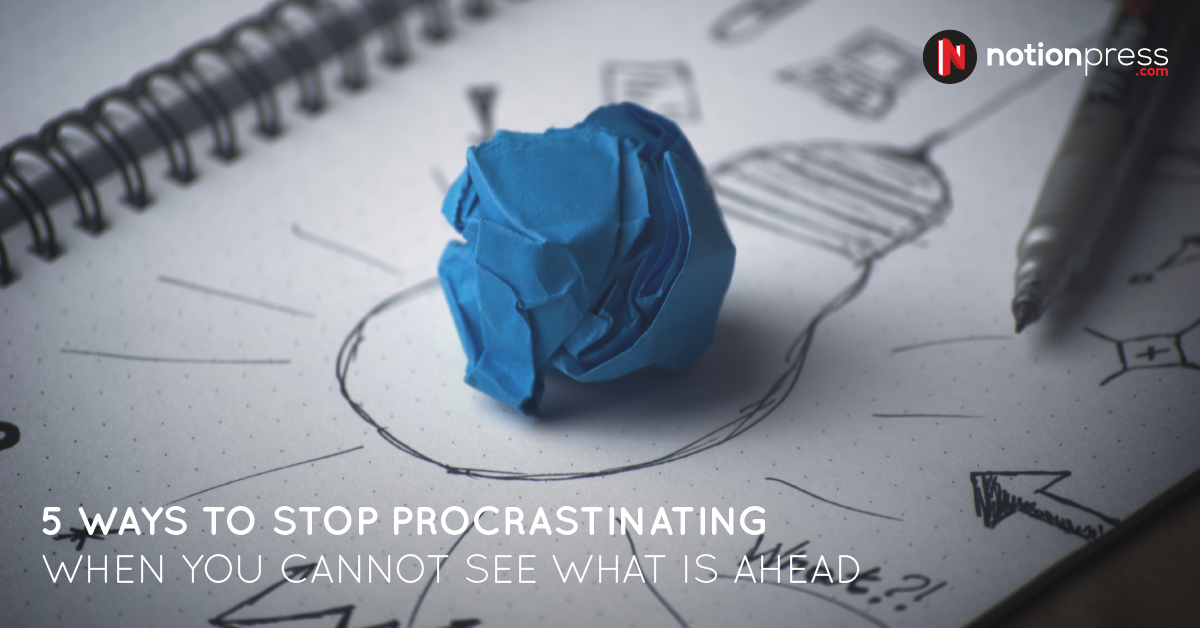There is no one way to write a story. In fact, there are as many ways to write a story as there are stories themselves. But that doesn't mean that there aren't some tried and true techniques that can help you make your writing more effective. This guide will walk you through the basics of how to write a story, from coming up with an idea to refining your work for ...
Read MoreIf you’re a writer, then you know that plot is essential. But what exactly is the plot? And how do you create one that will keep your readers engaged until the very end? In this article, we’ll explore the definition of a plot, and we’ll offer tips on how to create an engaging and satisfying story arc. So whether you’re writing a novel, a play, or even a short story, read ...
Read MoreIn literature, art, and other creative works, symbolism signifies the use of certain symbols to represent a deeper meaning. These symbols can be anything from characters and setting to colors and objects. Understanding symbolism and using it effectively is essential for all writers. In this article, we will get started on exploring what is symbolism and delving into using the same in your writing. What is symbolism? Understanding the use ...
Read MoreLiterary devices are tools that writers use to create the desired effect in their writing. There are many different types of literary devices, and each one has its unique purpose. By understanding what these devices are and how to use them, you can make your writing more powerful and effective. In this article, we will discuss what literary devices are, the different types of literary devices, and how to use them ...
Read MoreWhat follows the ending of your book? At times, you may find that your ending needs to be accompanied by a concluding piece that offers closure- an epilogue. In this article, we will look at understanding what is an epilogue and how to write an engaging epilogue. Let's get started. What is an epilogue? Understanding the purpose of epilogues Understanding the importance of epilogues Difference between an epilogue and an ...
Read MoreProofreading is the process of reviewing and correcting text for errors, typos, and inconsistencies. It is an important step in the editing process and can help to improve the overall quality of a document. Proofreading can be done by hand or using a proofreading tool or software. In this article, we will discuss how to proofread text manually, as well as how to use a proofreading tool or software. What ...
Read MoreIf you’re a writer, then you know that good grammar is essential for effective writing. But even the best writers sometimes make mistakes, and that’s where Grammarly comes in. Grammarly is a powerful online tool that helps writers detect and correct grammar mistakes, ensuring that their writing is always polished and error-free. Grammarly offers the free version and premium version which users can access according to their needs. This article will help ...
Read MoreEvery story, regardless of its medium or genre, has a structure. This is the backbone that gives your story form and coherence. It’s what makes your characters come alive on the page and drives the plot forward. But what is story structure? How do you go about shaping your own story? And how can you use different structures to enhance your writing? In this article, we’ll explore different types of story structures ...
Read MoreWhen you’re looking for a new book, the cover is one of the first things you’ll notice. It needs to be eye-catching and interesting enough to make you want to pick it up and take a closer look. But with so many books available, how can your cover stand out from the rest? Here are tips for designing a perfect book cover that will help your book stand out from the ...
Read MoreIf you're writing a book and looking for ways to bring it alive, anecdotes are the answer! An anecdote is a story in a shorter version, more focused on one particular instance or time. It brings out what you feel about the subject in a more vivid way than just plain facts and figures. In this blog, we'll delve into what an anecdote is and how to write one effectively as ...
Read MoreYou've probably heard of the term "paradox." But what exactly does it mean? Simply put, a paradox is a statement that seems to contradict itself. However, upon closer inspection, the statement contains a hidden truth. In this article, we'll take a look at understanding paradoxes and explore what is a paradox in detail. By understanding Paradoxes, you can add an extra layer of depth to your writing. Let's get started! ...
Read MoreThere are two main types of characters in any story: protagonists, and antagonists. Each one has a specific role to play, and if you want to write a compelling story, you need to understand how each one works. Protagonists are the good guys. They’re the ones who drive the story forward, and their goal is always to achieve something positive. Antagonists are the bad guys. Their goal is always to stop ...
Read MoreMetaphors are some of the most powerful tools in a writer's arsenal. They can be used to make an idea more concrete, to create images that linger in the reader's mind long after they've finished reading, and to add nuance and depth to a story. But how do you use them effectively? And what is a metaphor, exactly? In this article, we'll explore these questions and more. We'll start by discussing ...
Read MoreIf you're a young and aspiring writer, there are few people better to learn from than Ruskin Bond. The maverick author has been writing for over six decades now, and his work is marked by simplicity and clarity that can be hard to find in today's literary world. In this blog post, we'll explore some of the lessons that Bond has to offer about the writing process. Why you should ...
Read MoreThe thrill of gazing outside your window from a writer’s desk and clanking away at your keyboard is unparalleled. The adrenaline rush you feel at the mingling of words into illustrious stories is a feeling like no other. Unfortunately, once you’ve zapped yourself away from the romanticisation of what it means to be a writer, you discover what it really means to be a writer. Here’s the good news: the ...
Read More“The writer who breeds more words than he needs is making a chore for the reader who reads.” Dr Seuss Nonfiction usually begins with an epic idea that flows unimpeded from your mind. You write pages and pages, pouring your mind and heart into a story you want to share with the world. Before you know it, you have a book that maps out your experiences into a sublime text! But, apart ...
Read MoreMost writers agree that writing a non-fiction book is easier than writing a fiction book. While fiction writers often draw inspiration from their imagination, non-fiction writers focus on real-life stories and facts that make for highly inspiring and motivating stories. When you pick a personal and interesting topic, the writing process is an absolute delight! Not sure how to start writing your non-fiction book? Here are a few popular types of non-fiction ...
Read MorePublished authors always love to keep copies of their book in hand to promote it from their end. Whether it is a social gathering of friends and family, or a networking event they attend, the smart ones are always prepared to capitalize the situation and showcase their work. This is why authors always maintain a personal inventory of copies. Whenever authors feel they are close to running out of copies, ...
Read MoreDigital media has taken the world by storm. The labyrinth network of the World Wide Web has effortlessly engulfed us into its spell. In today’s digital world, there is an app or a tool for every act right from booking a cab to ordering food. When it comes to indulging in the plethora of services and helpful tools provided by the magnificent Internet, we writers are at a huge advantage. ...
Read MoreWhen one decides to be a writer, they are treading uncharted waters. They must be responsible and must complete the work their book demands, while meeting a set target. Bestselling author, Stephen King, writes 2,000 words per day and allows himself to not meet his target only under dire circumstances. He completes a 180,000 word novel in three months! Before becoming a successful author, it can be hard to keep ...
Read More

